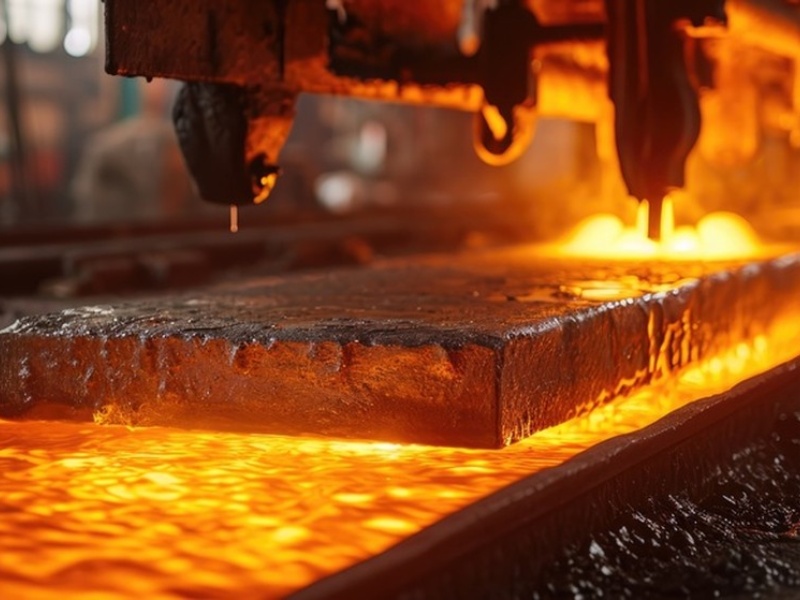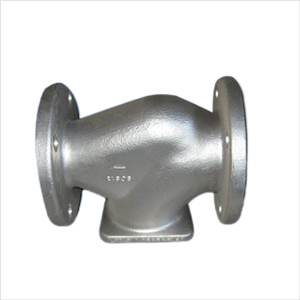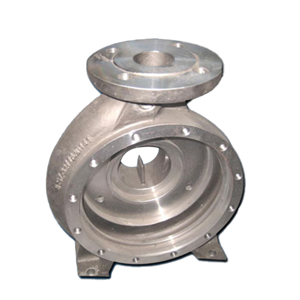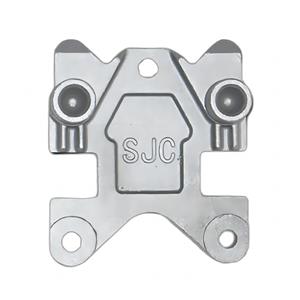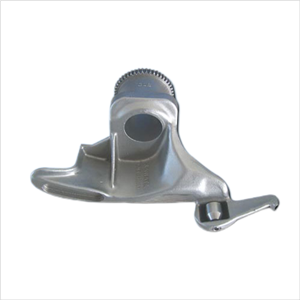Casting Defects and Preventive Measures of Machine Tool Iron Castings
The quality of Machine Tool Iron Castings is crucial for the overall performance of the machine tool manufacturing process. However, various defects often occur during the casting process, which not only affect the performance of the casting, but can even lead to the failure of the entire machine tool in severe cases. This article will analyze common defects in the casting process of Machine Tool Iron Castings and explore their preventive measures.
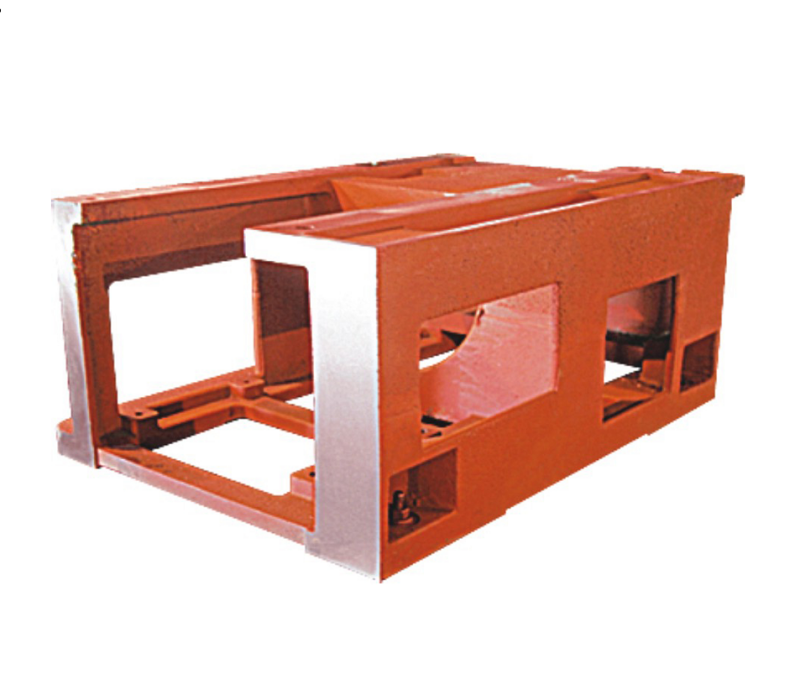
Common casting defects:
Pore: This is a hole formed due to the gas inside the mold not being completely discharged during the pouring process. The presence of pores can reduce the mechanical properties of cast iron and may become the starting point of cracks.
Shrinkage: Due to volume shrinkage during the cooling process of molten iron, shrinkage may occur in thick areas of the casting. Shrinkage can also reduce the mechanical properties of cast iron.
Cracks: The formation of cracks is usually due to thermal stress, mechanical stress, or a combination of both during the cooling process of Machine Tool Iron Castings. The presence of cracks can seriously affect the service life of castings.
Slag and inclusions: This is due to the ineffective removal of impurities in the molten iron, or the inclusion of impurities during the pouring process. Inclusions and inclusions can reduce the mechanical properties and corrosion resistance of cast iron.
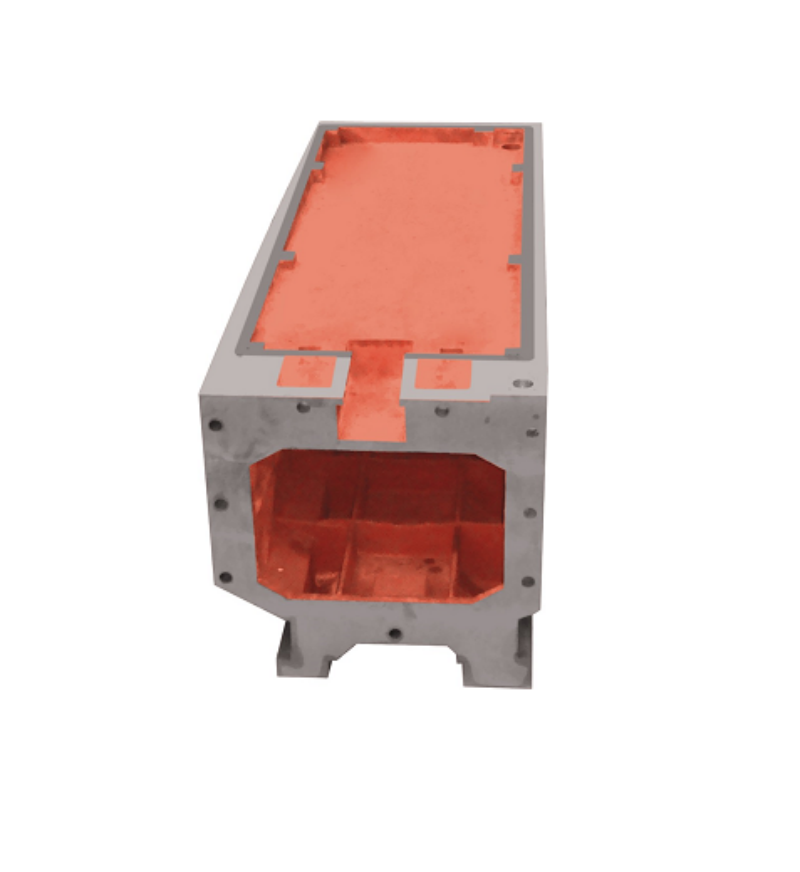
Preventive measures:
Optimize casting process: Reasonably set up the pouring system and cooling system to ensure the smooth discharge of gas in the mold cavity and reduce thermal stress during the casting process.
Improve the quality of raw materials: select high-quality pig iron, strictly control the composition of various additives, and reduce the content of impurities and gases.
Strictly control the pouring temperature and cooling speed: if the pouring temperature is too high, it may cause oxidation of the molten iron, while if it is too low, it may reduce the fluidity of the molten iron; Cooling too quickly may lead to an increase in thermal stress, while cooling too slowly may result in uneven cooling of the casting.
Post processing: Perform necessary heat treatment and mechanical processing on Machine Tool Iron Castings to eliminate the impact of casting defects, improve the performance and service life of castings.
